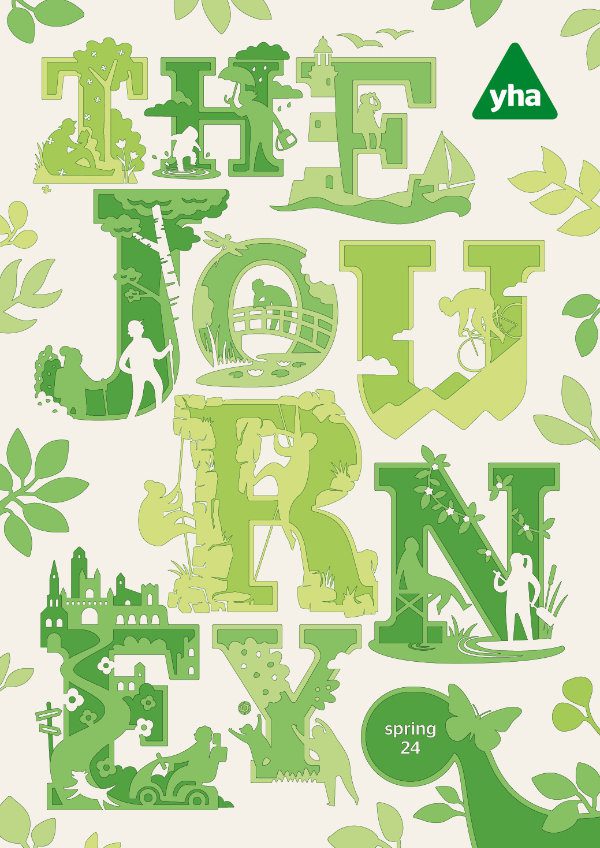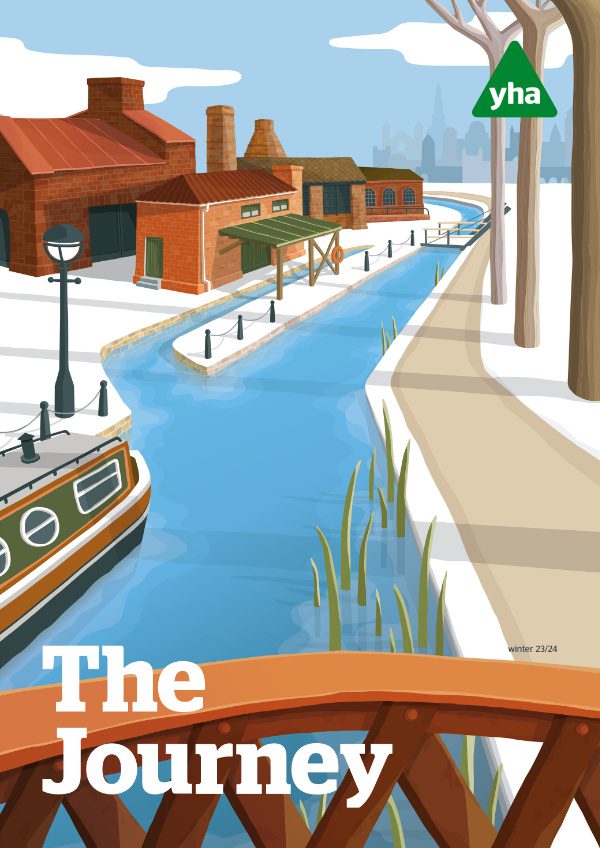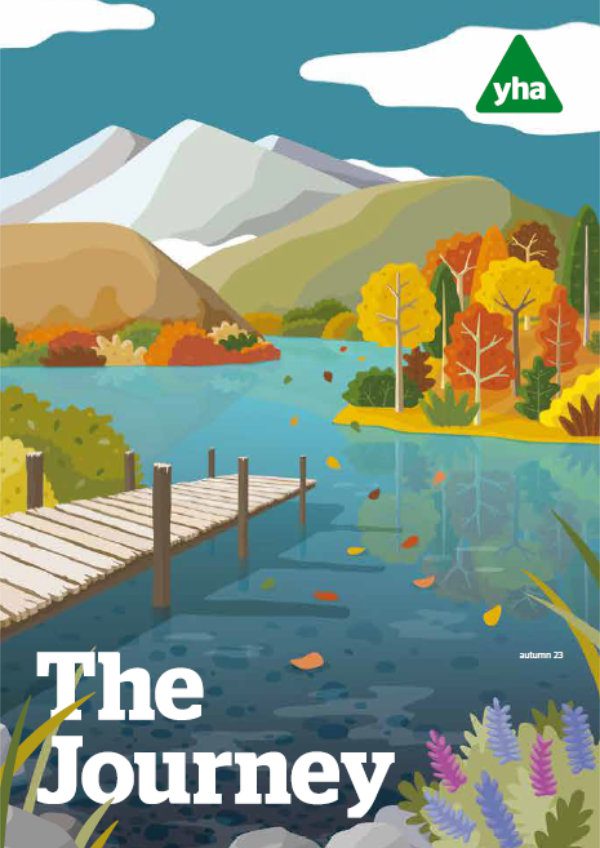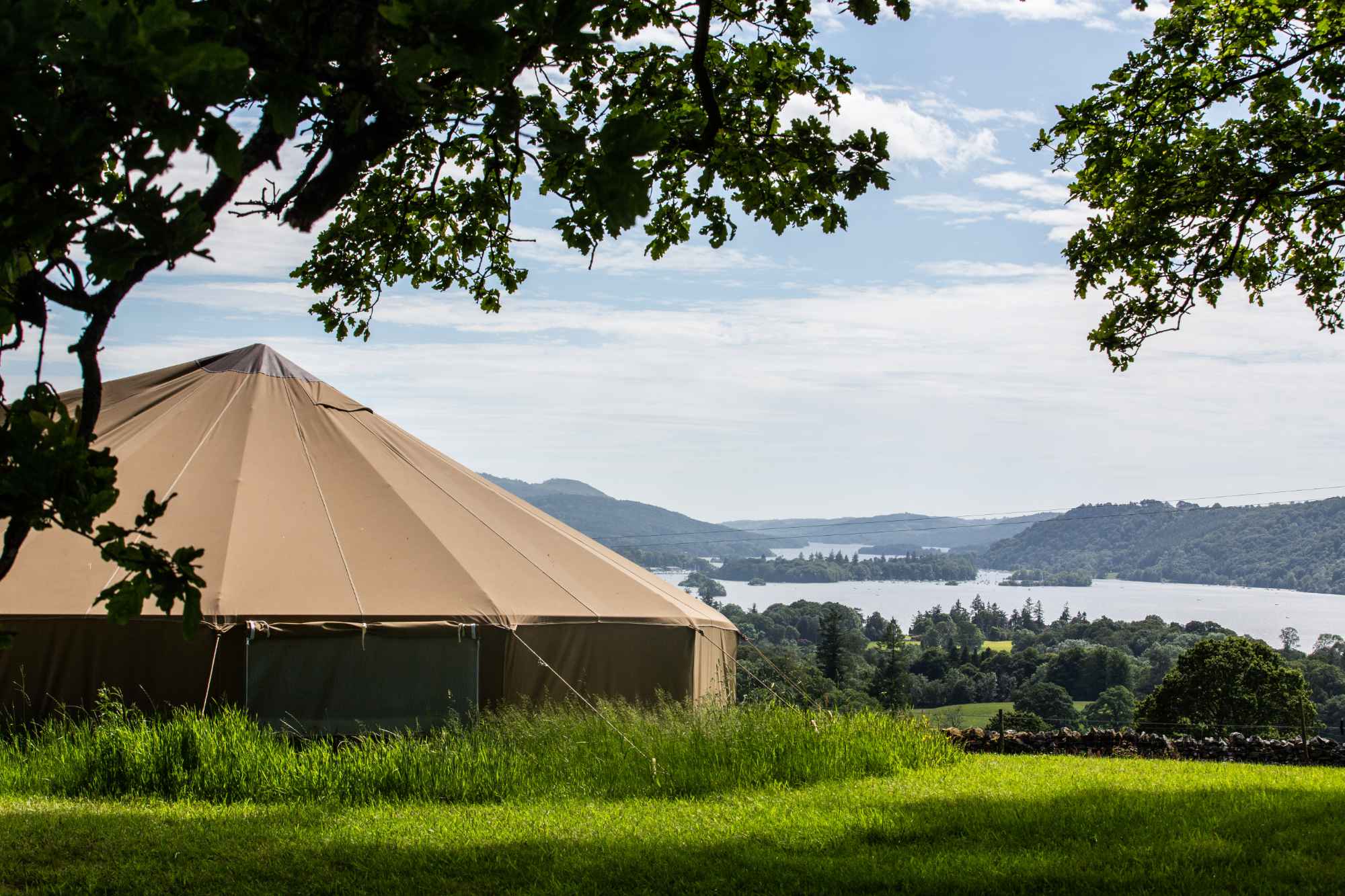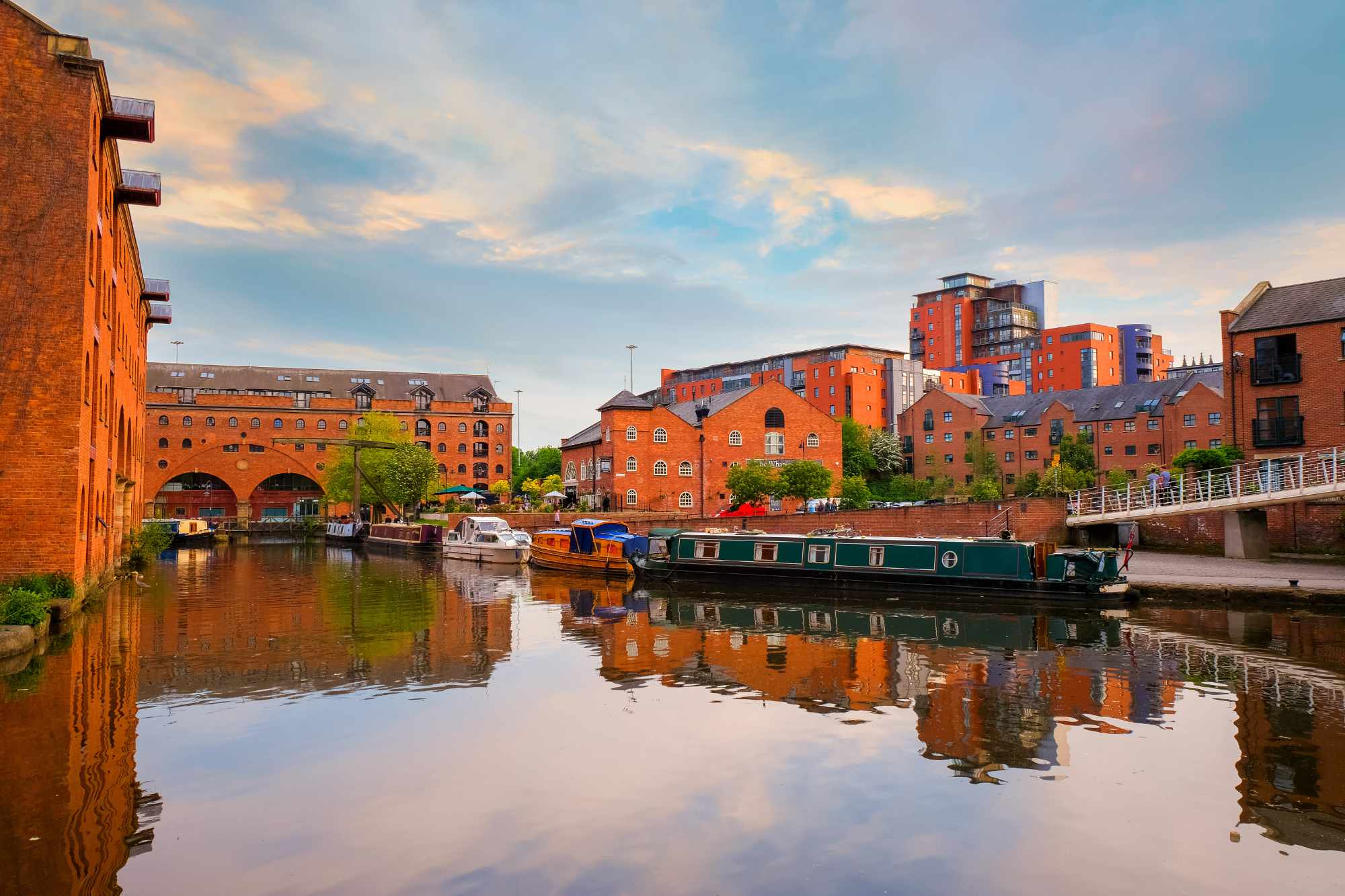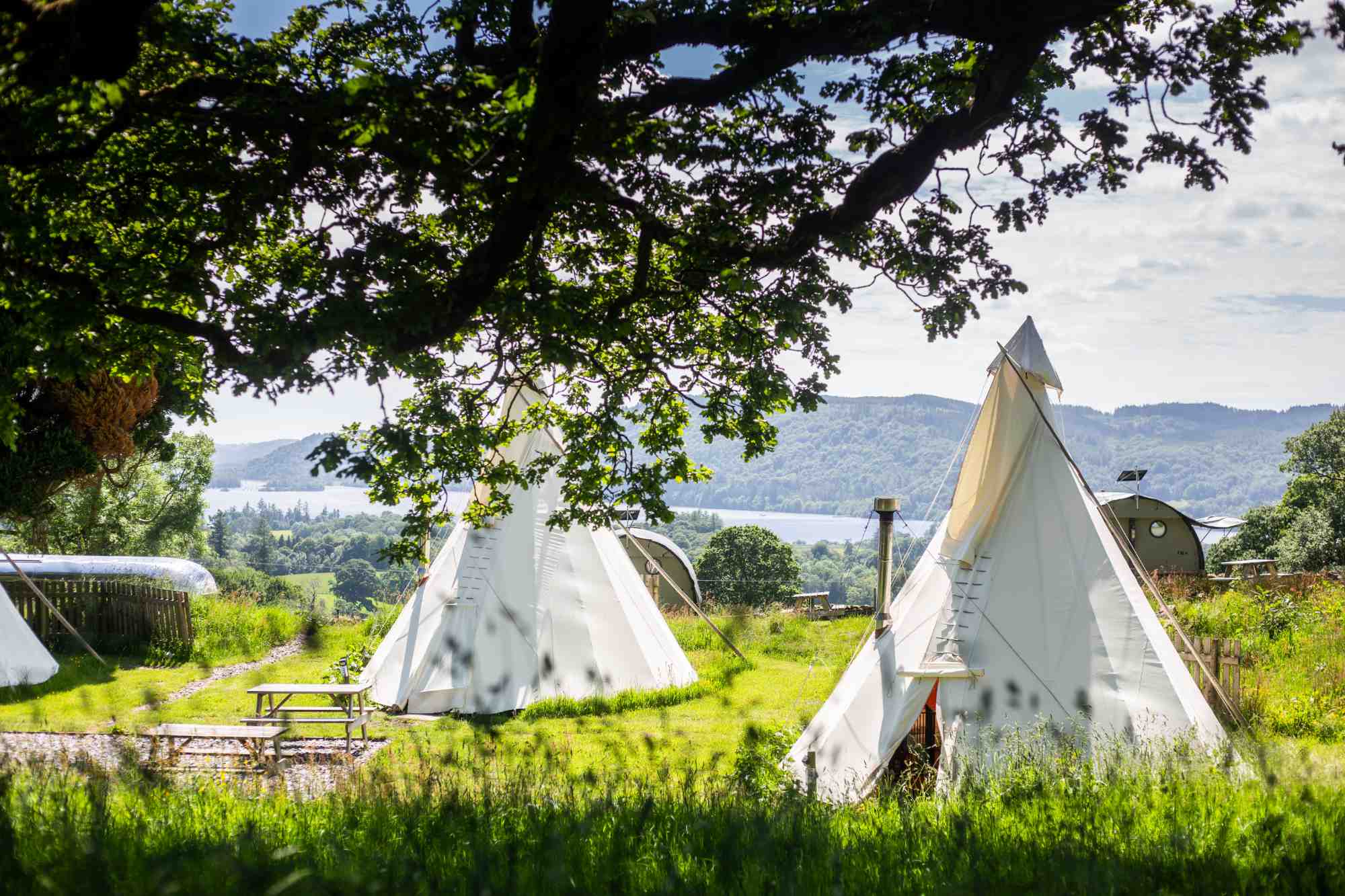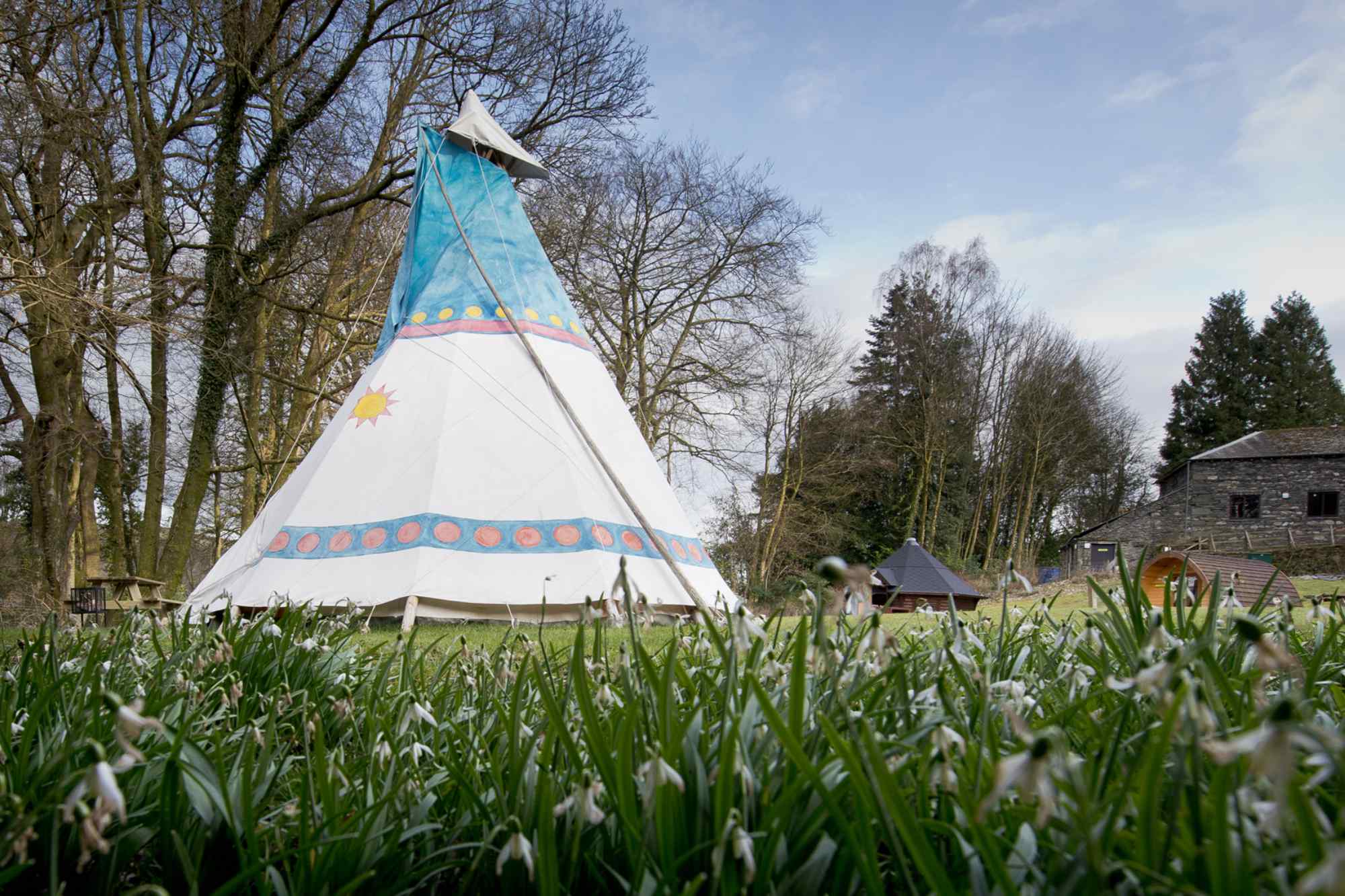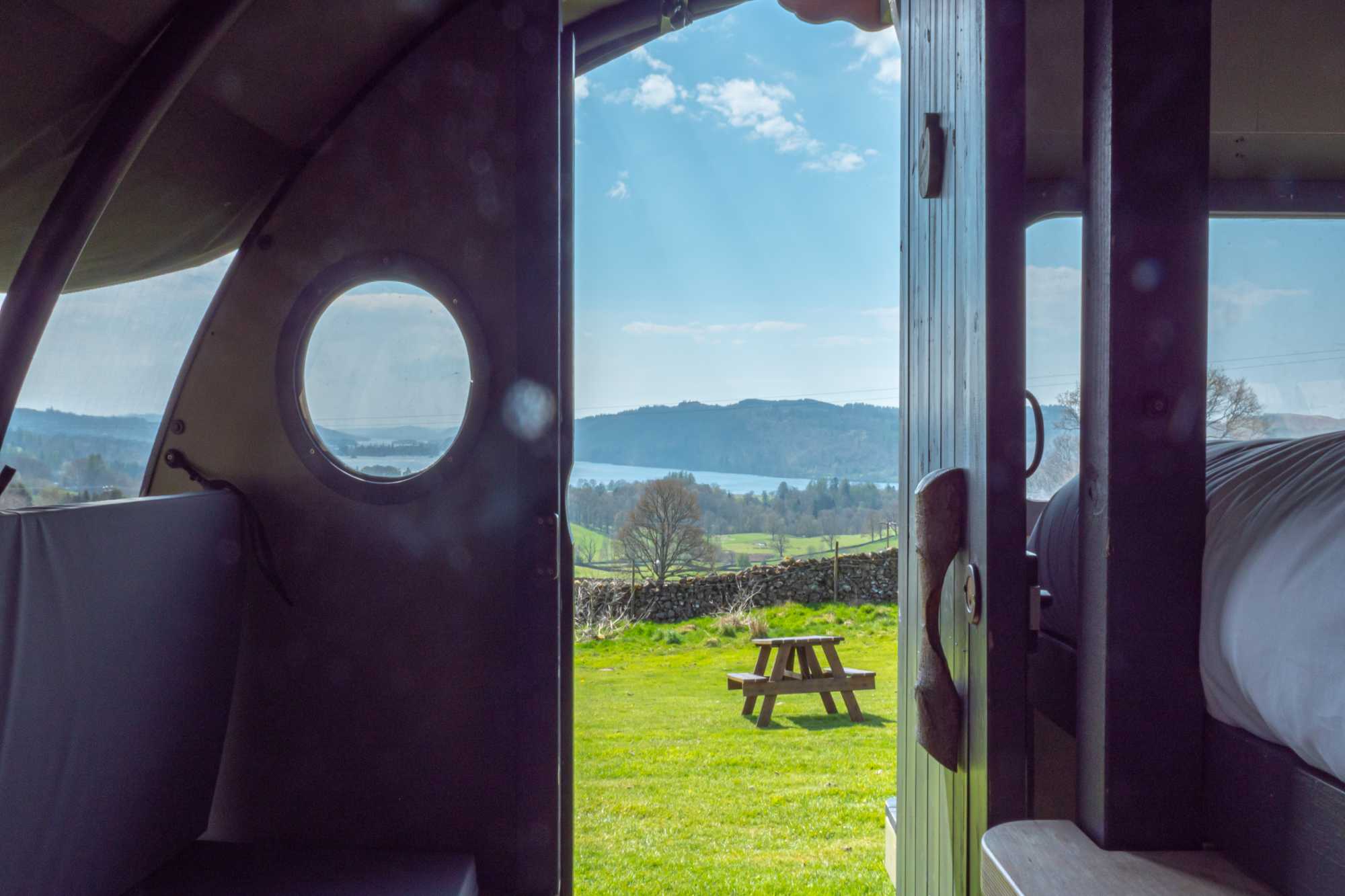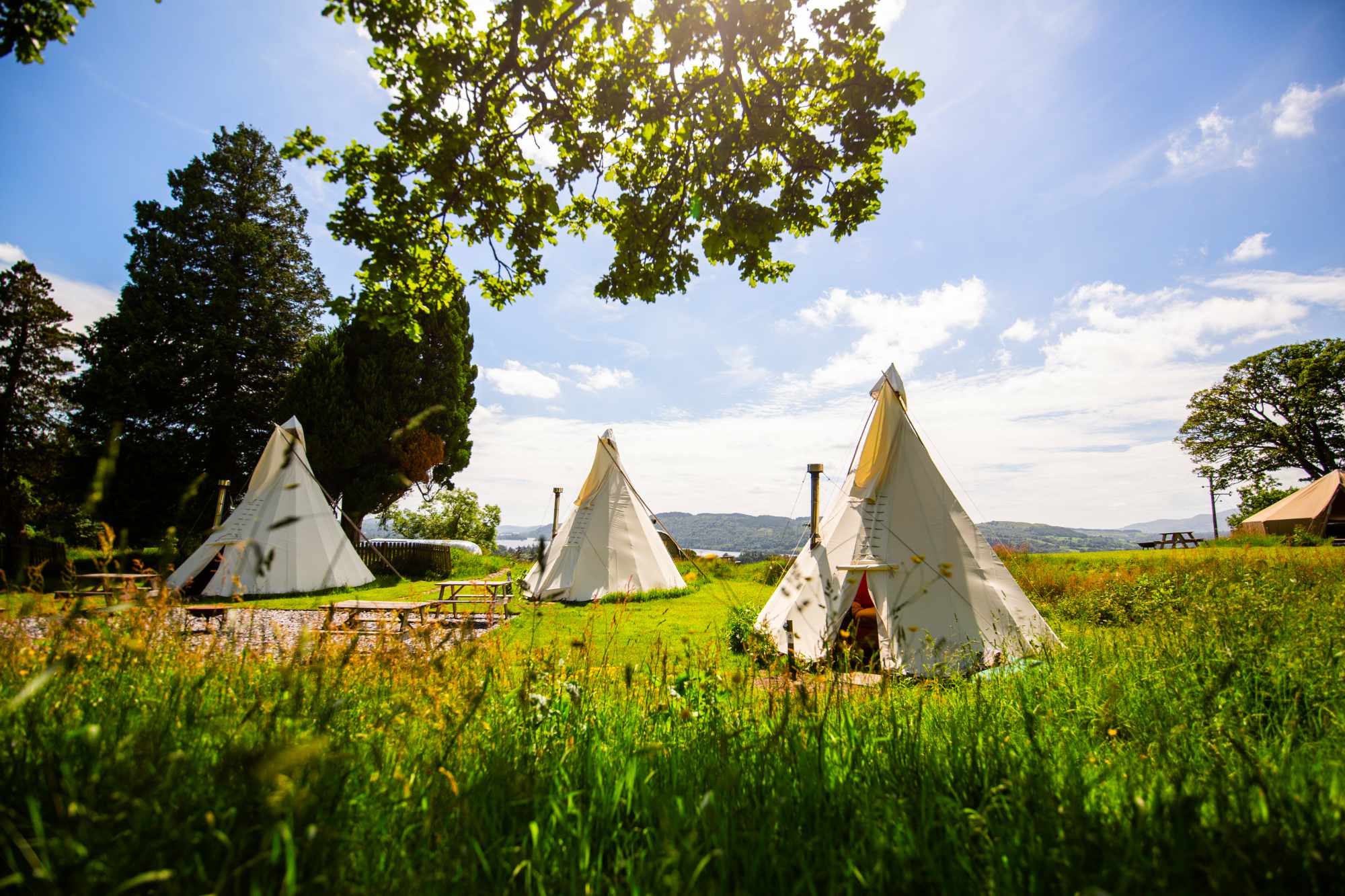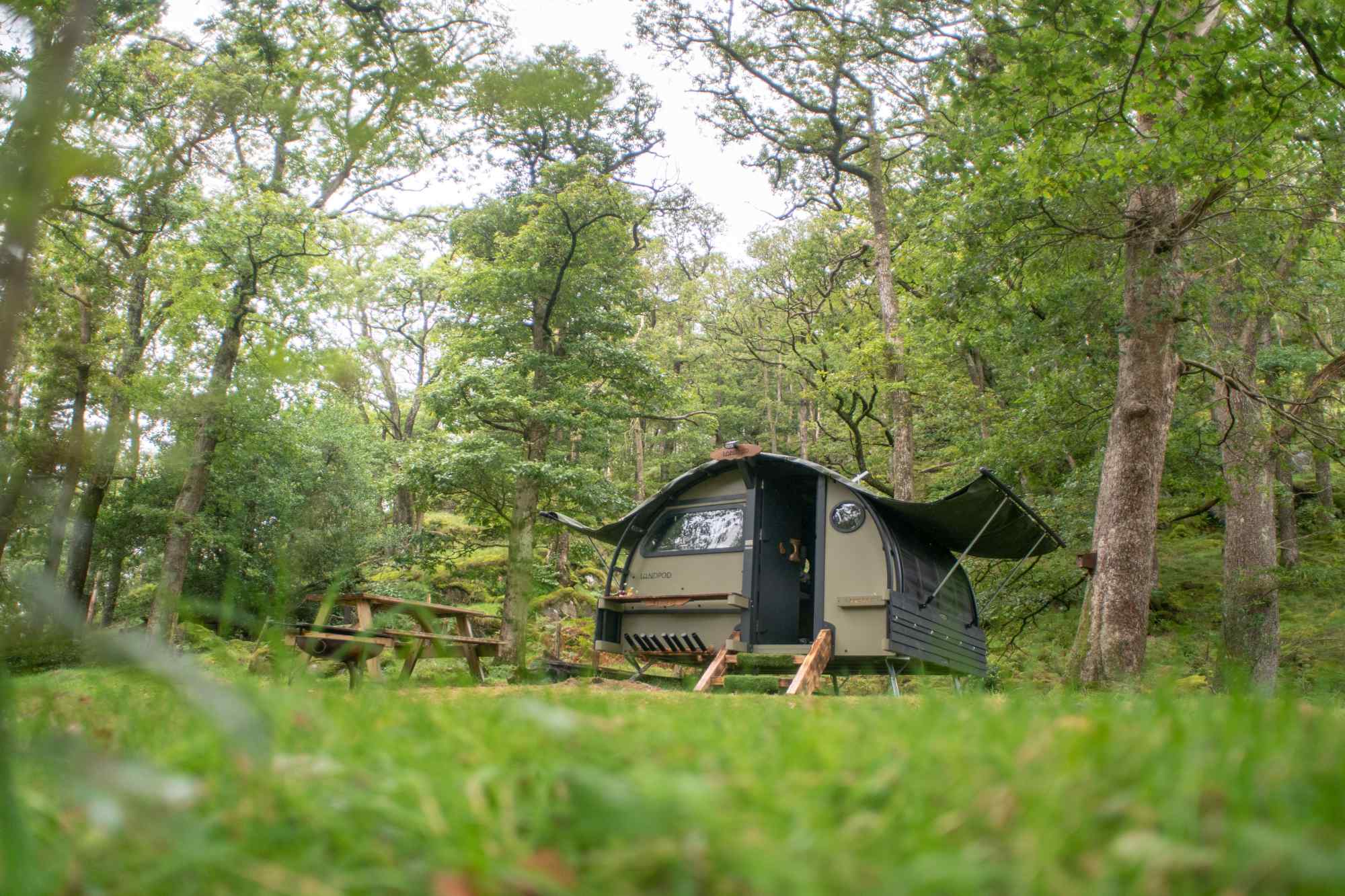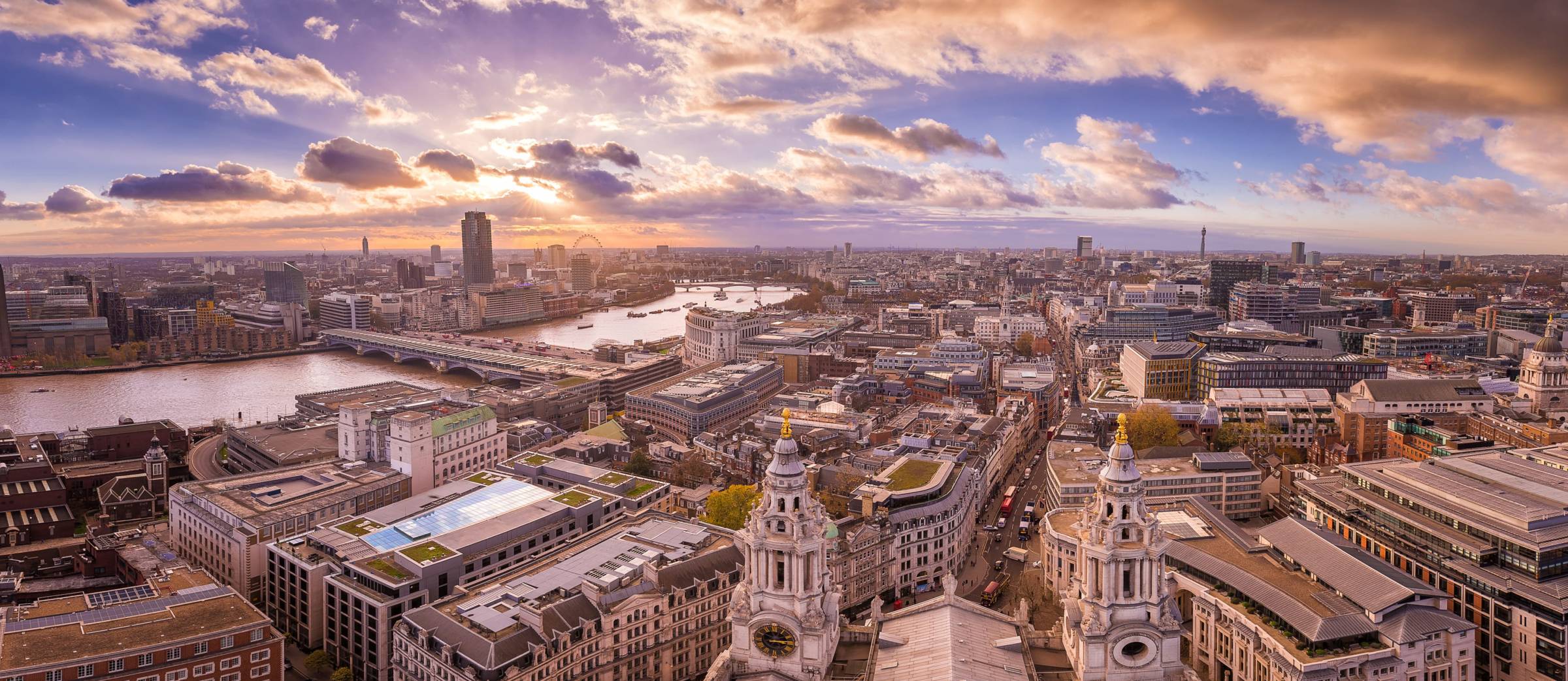Since the 1970s, Manchester’s music scene has continued to produce some of the world’s best bands. Ben Lerwill takes a tour with a music veteran, and discovers what the city has to offer the visitor today.
In the canalside café-bar at YHA Manchester, two framed posters catch the eye. One shows Ian Brown, lead singer of The Stone Roses, above his tongue-in-cheek assertion that “Manchester’s got everything except a beach”. The other is a portrait of Noel Gallagher, with the guitarist’s image set alongside the following quote: “The thing about Manchester is… it all comes from the heart.”
Music fans would find his claim hard to counter. The city’s songwriting legacy over the last few decades is blistering. From The Buzzcocks, The Smiths and New Order to Happy Mondays, Oasis and The Chemical Brothers, Mancunian acts have made a habit of releasing durable, culturally savvy, era-defining music.
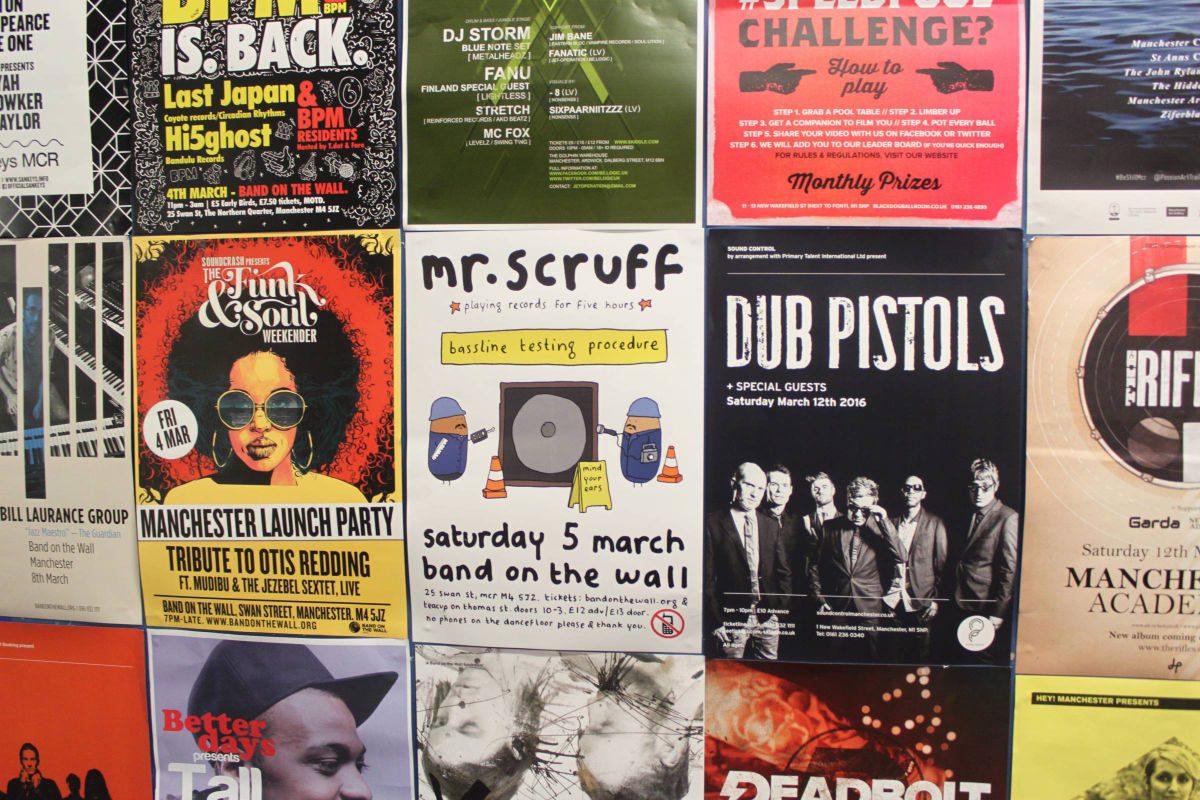
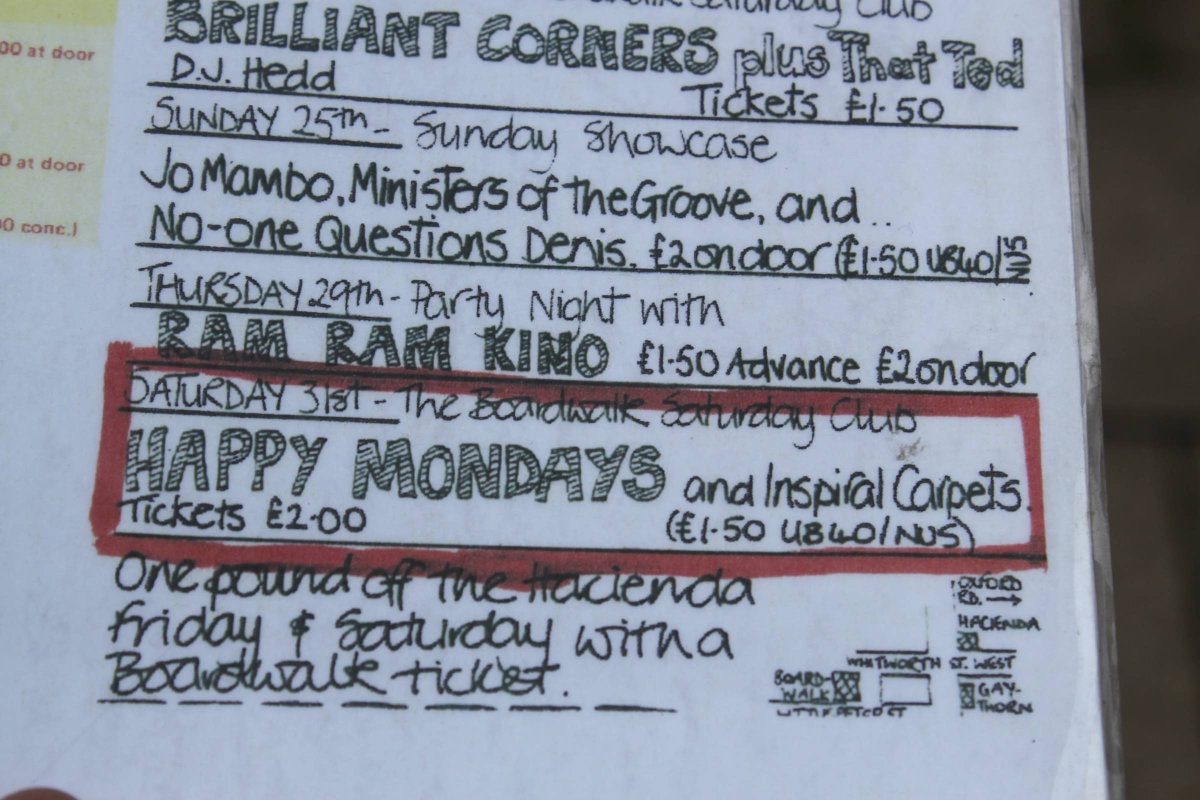
Why? Inspiral Carpets’ drummer Craig Gill has a theory. “People ask me ‘What is it with music and Manchester? Is there something in the water?’” and I always say ‘Yeah, there is actually – it’s the rain!’” He chuckles and looks up at the city’s overcast skies. “It seems to help with the creativity.”
I’ve joined Craig on a walk around Manchester’s main musical heritage sites. He’s been running a variety of music tours around the city for a decade now, and spending a few hours in his company is enlightening in more ways than one. Not only does he know his stuff, he also has the anecdotes to go along with it.
Madchester
To put it another way, it’s one thing being shown a gig venue by a tour guide, and quite another being shown the same place by someone who’s headlined there in front of 11,000 people and once poured a bottle of wine over the head of The Fall’s acerbic frontman Mark E Smith. Craig was just 14 when he joined the band, so the “Madchester” era of the late 80s and early 90s didn’t so much influence his younger years as shape them entirely.
The streets are busy with trams and midweek shoppers. We head to the Free Trade Hall, where four decades ago a little-known band called The Sex Pistols came up from London to play a gig which – in the minds of many – kick-started Manchester’s musical revolutions. “There were only about 40 in the crowd but thousands of people now claim they were there,” laughs Craig.
“Before that gig there was almost thinking locally that you had to be born with the skill to play an instrument. The Pistols showed that attitude was as important as musicianship – it gave people the confidence to have a go.” Morrissey was there that night, as was the now-legendary impresario Tony Wilson. Peter Hook, soon to be a lynchpin of the peerless Joy Division, went out the very next day to buy his first guitar.
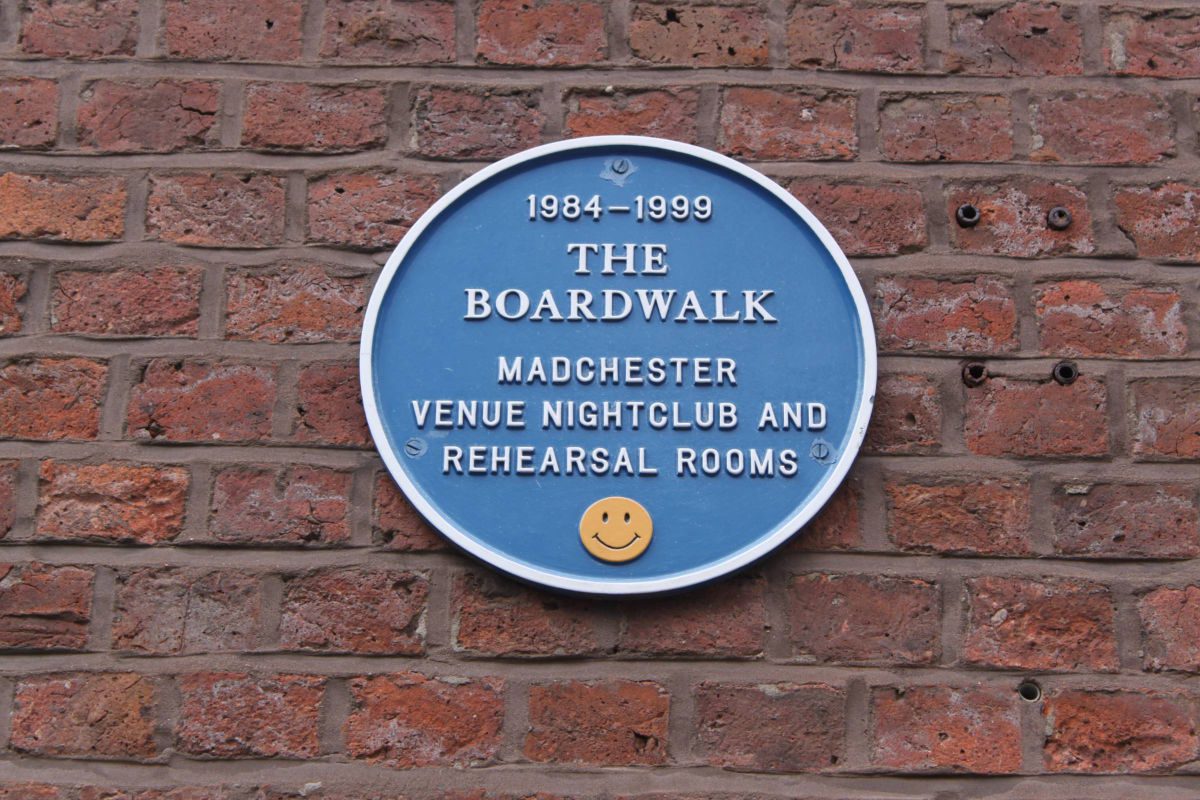
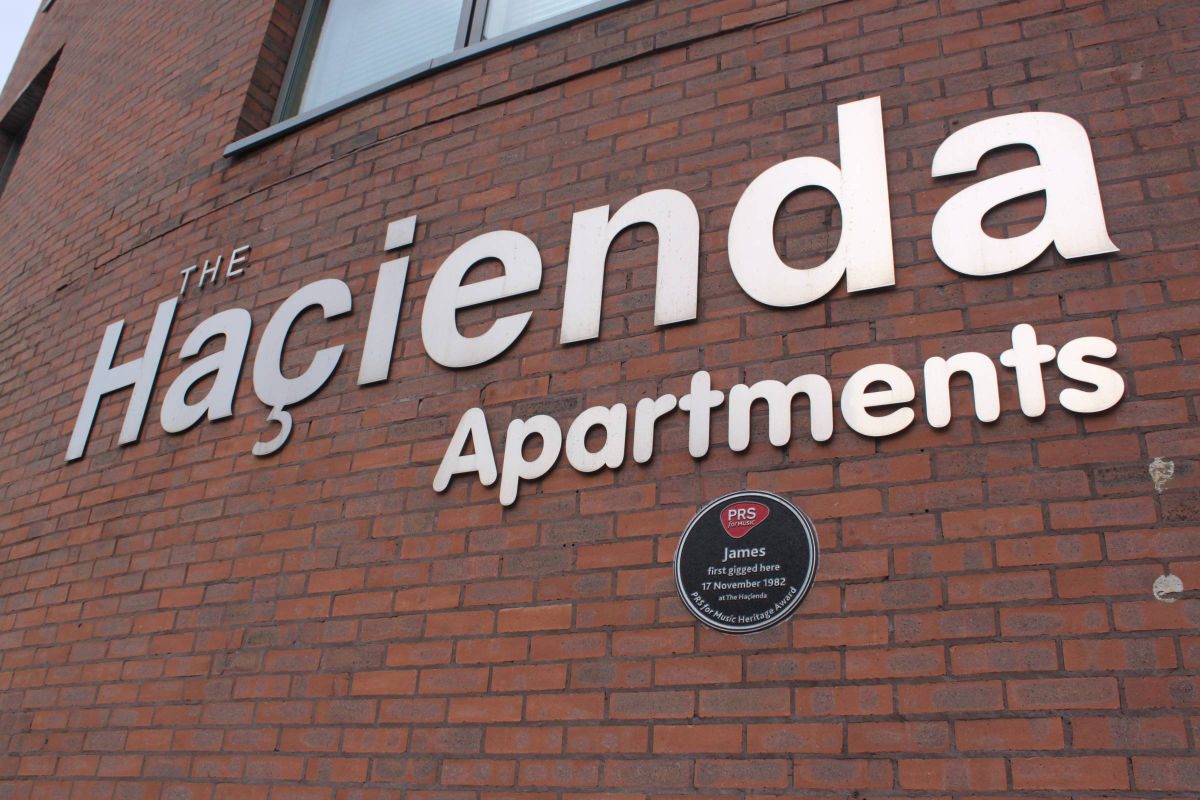
Manchester has modernised massively in recent times. When we reach the Boardwalk, the club where Oasis first performed and where local bands such as The Stone Roses, James and The Charlatans all cut their teeth, the building is now filled with smart new offices. At the much-fabled Haçienda, meanwhile, once central to the rise of rave and acid house, the curved frontage is these days a fully rebuilt apartment block.
As we walk, Craig points out some of the lesser-known spots in the city’s music story – the Whitworth Street flat where Noel Gallagher wrote Definitely Maybe, for example, and the Oldham Street café that became a second home for Elbow – as well as setting the present day in the context of Manchester’s long history, from its cotton-fuelled rise as the world’s first industrial city to the notorious Peterloo Massacre of 1819.
The Northern Quarter
We finish off in the heart of the Northern Quarter, still home to a colourful spread of independent record stores and live venues. I spend the next few hours buying into various Manchester clichés: browsing T-shirts at Afflecks Palace, tucking into a generous “rice-and-three” at Yadgar and heading along to an open-mic night. At The Bay Horse pub, local guitarists are taking turns to pull plectrums out of their wallets and play. You get the impression there are big dreams on show.
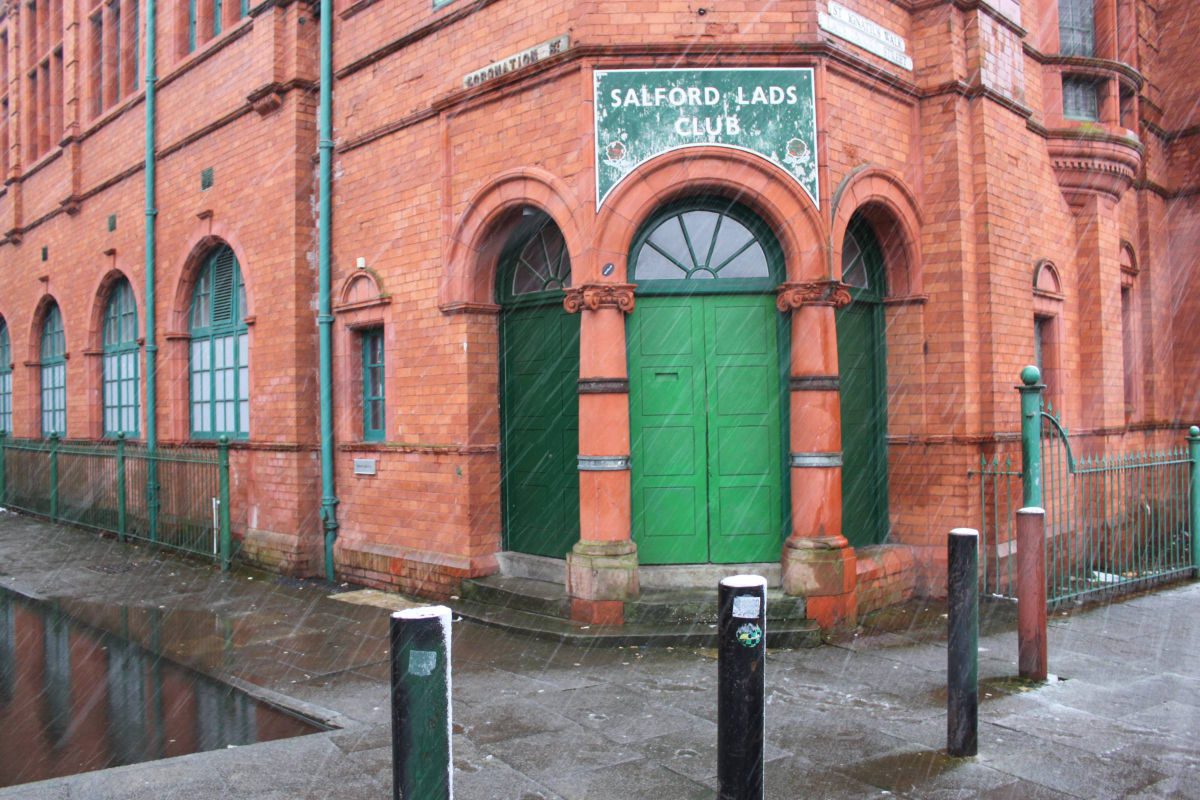
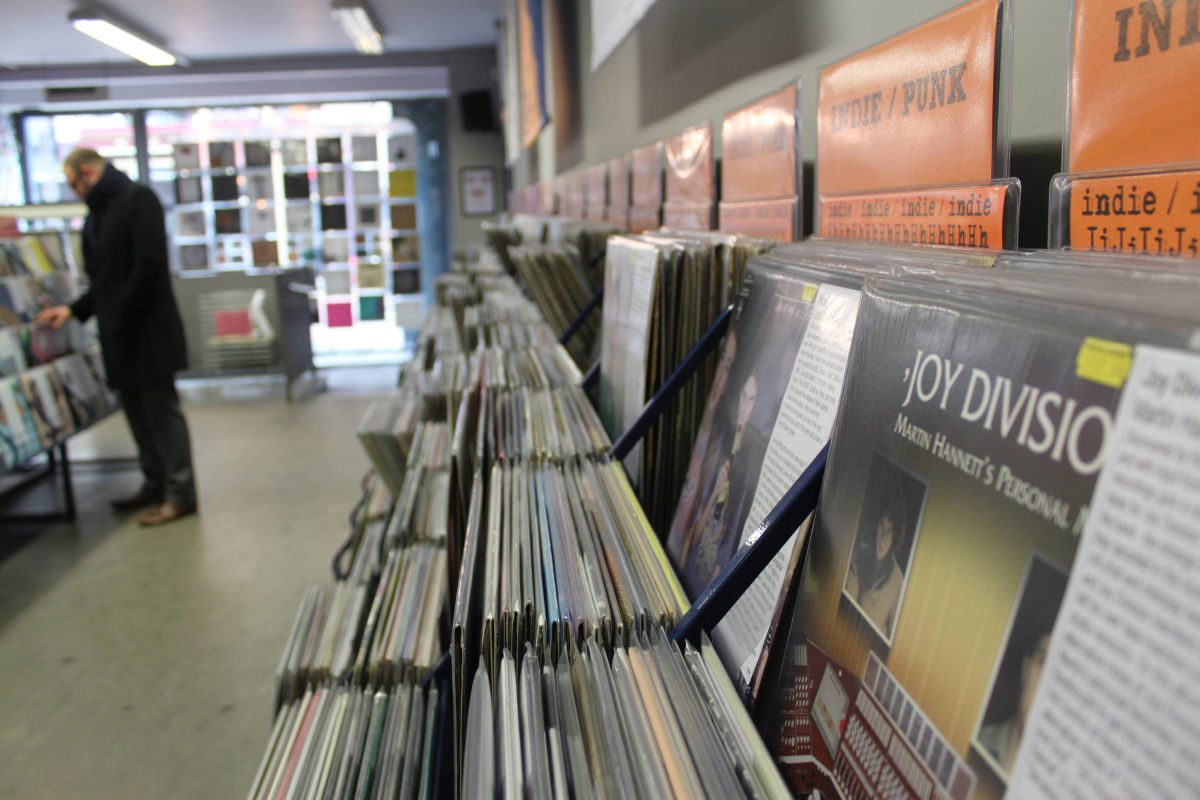
Early the next morning I make the 15-minute wander across to Salford from the hostel. At the century-old Salford Lads Club – immortalised in an iconic 80s photoshoot with The Smiths – volunteer Leslie Holmes lets me in for a look-round. “We’re now the UK’s third most visited music tourism site, after Abbey Road and The Cavern,” he says proudly. Still a functioning youth club, it has a dedicated Smiths “shrine” and shares the same ideal as YHA itself: providing experiences and opportunities for kids who wouldn’t otherwise have them. “It’s fair to say that without The Smiths, we’d probably be closed,” he says. Proof, were it needed, that in Manchester, music provides more than just a soundtrack.
Through the ages
Inspiral Carpets drummer Craig Gill selects his quintessential Manchester albums.
1970s: Joy Division, Unknown Pleasures (Factory)
“Martin Hannett’s production set them apart from their punk contemporaries and set the bar for every alternative act since.”
1980s: The Smiths, Meat is Murder (Rough Trade)
“Very hard to choose my favourite album by The Smiths. This one was eagerly anticipated upon release and it did not disappoint.”
1990s: Oasis, Definitely Maybe (Creation)
“This album shook things up and put guitars back in the mainstream. The complete soundtrack to 90s hedonism.”
2000s: Doves, The Last Broadcast (Heavenly)
“Follows on that great Mancunian tradition of making the melancholy uplifting music. Inspiral Carpets even covered ‘Pounding’ off this cracker.”
2010s: Everything Everything, Get to Heaven (Sony)
“This LP has been a family favourite in our house. It’s got the makings of a future classic; great pop music that blends lots of styles and influences.”
Getting there
CrossCountry provides rail services to Manchester from key cities such as Birmingham, Cardiff, Bristol, Reading and other destinations across Great Britain. Advance tickets are available from crosscountrytrains.co.uk.
Where it’s at
Ruth Allan, the editor of online listings magazine Manchester Wire, shares her top live venues
- Islington Mill – best for alternative music “This former cotton mill is a place to meet like-minded souls – great vegan food too.”
- Gullivers – best for new bands “An unassuming Oldham Street pub where up and coming acts try out new material.”
- Albert Hall – best for the atmosphere “Once one of Europe’s largest Wesleyan chapels – gigs here really do feel special.”
- Band on the Wall – best for sound quality “One of Manchester’s oldest and finest live venues – expect the best in world music.”
Book your stay at YHA Manchester.
